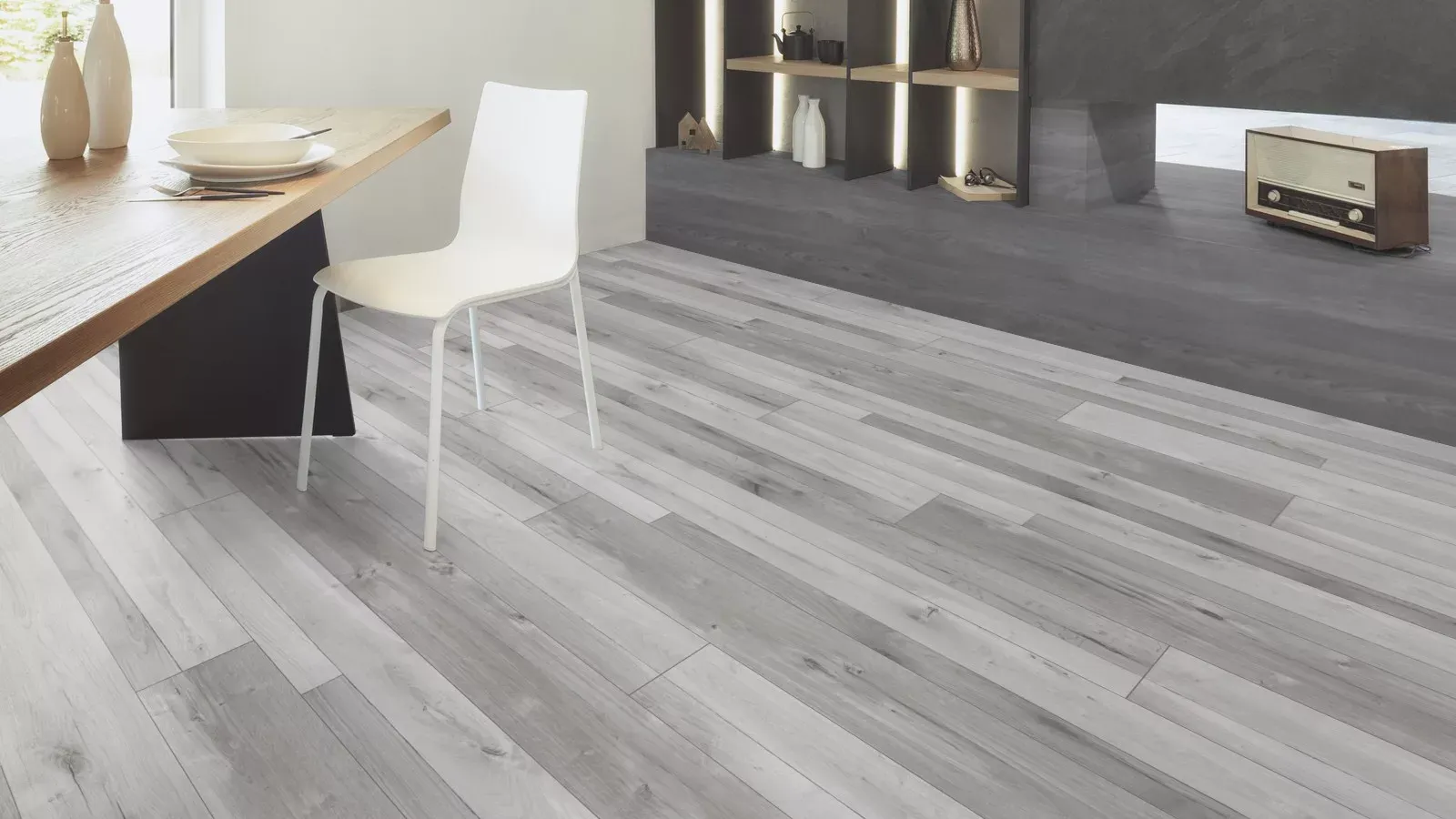Choosing the Best SPC Flooring Options for Stylish and Durable Staircases in Your Home
The Advantages of SPC Flooring for Stairs
When it comes to home renovation, selecting the right flooring is crucial, especially for areas that experience high foot traffic like stairs. SPC flooring, or Stone Plastic Composite flooring, is gaining popularity as a top choice for many homeowners looking to enhance both aesthetics and functionality. This article explores the advantages of SPC flooring for stairs, making it an ideal choice for modern homes.
What is SPC Flooring?
SPC flooring is a type of rigid vinyl flooring that consists of a composite core made from a combination of stone and plastic. This robust structure gives it unique qualities that make it suitable for various applications, including residential, commercial, and particularly for stairs. The product typically comes in planks that can mimic the look of hardwood, tile, or stone, offering versatility in design.
Durability and Stability
One of the foremost advantages of SPC flooring is its durability. The combination of stone and plastic creates a highly resilient surface that can withstand heavy foot traffic, making it perfect for stairs where wear and tear are more evident. Unlike traditional wood flooring, SPC is resistant to scratches, dents, and moisture, providing peace of mind for homeowners concerned about the longevity of their stairs.
Moreover, SPC flooring is dimensionally stable, meaning it won't warp or buckle over time, even in varying temperatures and humidity levels. This stability is vital for stairs, which can experience stress and shifting due to changes in the environment.
Safety Features
Safety is another critical factor to consider for stairs. SPC flooring often features a textured surface that provides excellent traction, reducing the risk of slips and falls—an essential consideration, especially for families with children or elderly individuals. Additionally, many SPC products come with a cushioned underlayment that adds an extra layer of shock absorption, enhancing safety when going up and down the stairs.
spc flooring for stairs

Ease of Installation
Installing SPC flooring on stairs is generally straightforward, making it a favored option for DIY enthusiasts. The planks can be cut easily to fit the specific dimensions of each step, and many products come with a click-lock installation system, eliminating the need for glue or nails. This ease of installation not only saves time but also reduces labor costs compared to traditional flooring options.
Aesthetic Versatility
SPC flooring is available in a wide array of colors, patterns, and textures, allowing homeowners to choose a style that complements their overall interior design. Whether you prefer a rustic wood look or a sleek modern tile pattern, there’s an SPC option that can enhance the visual appeal of your staircase. This aesthetic versatility means that you don't have to compromise on style while benefiting from durability and safety.
Cost-Effectiveness
When comparing flooring options, cost is always a consideration. SPC flooring is relatively affordable compared to traditional materials like hardwood or ceramic tiles. Given its longevity and low maintenance requirements, SPC flooring can provide a better return on investment in the long run. Homeowners can enjoy the appearance of high-end flooring without the associated costs of installation and upkeep.
Conclusion
In summary, SPC flooring emerges as a top choice for stairs due to its durability, safety features, ease of installation, aesthetic versatility, and cost-effectiveness. As homeowners continue to seek practical yet stylish solutions for their homes, SPC flooring provides an ideal balance, making it a smart investment for anyone looking to upgrade their stairway. With its myriad of benefits, SPC flooring not only enhances the beauty of your home but also contributes to its functionality and safety.
-
SPC FlooringJun.24,2025
-
Bathroom Wall CoveringsJun.24,2025
-
Why Dry Back LVT Flooring Is the Smart Choice for Modern InteriorsJun.05,2025
-
Transform Your Interiors with Elegant Luxury Vinyl Flooring OptionsJun.05,2025
-
The Rise of SPC Vinyl Flooring: A Modern Solution for Durable and Stylish SpacesJun.05,2025
-
Click LVT Flooring: The Perfect Blend of Style, Strength, and SimplicityJun.05,2025




